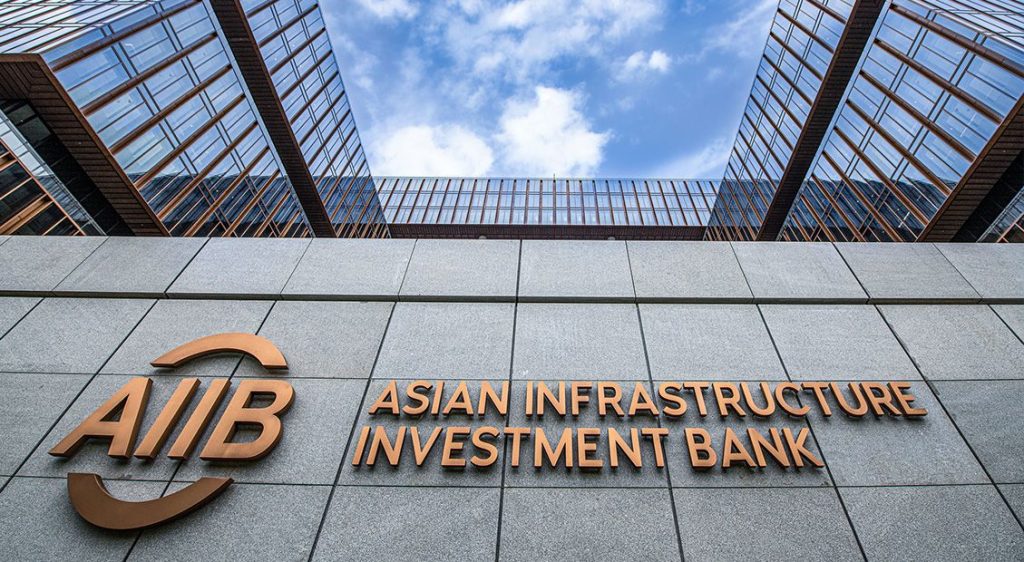AIIB voluntarily adopts ISSB disclosure standards, enhancing transparency on climate risks and financed emissions.
Report concludes climate-related financial risks are not material to AIIB’s operations.
Move aligns with multilateral development banks’ COP28 pledge to support a global baseline for sustainability disclosures.
The Asian Infrastructure Investment Bank (AIIB) has released its inaugural Sustainability Report, marking a significant step in aligning with emerging global standards for climate-related financial reporting. The 2024 report applies the International Sustainability Standards Board (ISSB) disclosure framework, positioning AIIB among the first development banks to voluntarily adopt the standards.
The report details how climate considerations are integrated into AIIB’s governance, strategy, and risk management frameworks. It also discloses the bank’s financed emissions for the first time. Importantly, the findings conclude that climate-related financial risks do not materially impact AIIB’s financial position.
“Our mission to finance Infrastructure for Tomorrow requires us to lead by example,” said AIIB President Jin Liqun. “This report reflects our strong commitment to transparency and our belief that clear, comparable disclosures are essential for informed decisions and better outcomes across the development finance landscape.”

The move follows a joint pledge made by multilateral development banks at COP28 to support the ISSB and build a globally consistent baseline for sustainability disclosures.
RELATED ARTICLE: AIIB and Saudi Arabia Partner to Develop Sustainable Infrastructure Investment Program
“As a capital markets participant, AIIB understands the importance of consistent, credible sustainability data,” added AIIB Chief Financial Officer Andrew Cross. “By applying the ISSB Standards, we are helping to strengthen stakeholder trust, reduce perceived risk and support long-term value creation.”

AIIB’s report was released alongside its mid-year financial results and makes use of the ISSB’s transition relief measures. The disclosures provide investors and stakeholders with greater visibility into how the bank manages exposure to climate risks while supporting its members’ shift to a low-carbon economy.
Follow ESG News on LinkedIn

